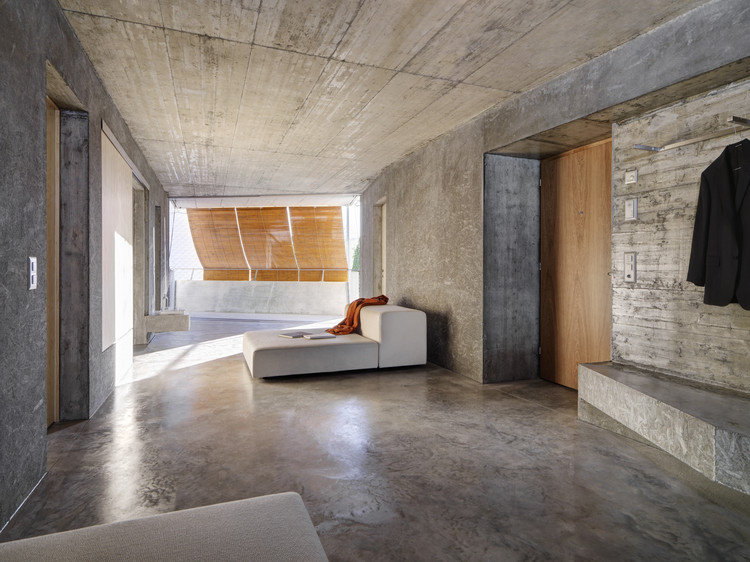
Swiss voters have rejected a people’s initiative to promote more affordable housing. Final results show it won 42.9% of the vote nationwide, with 57.1% against, on a turnout of 41.7%.
Only five out of the 26 cantons voted in favour of the initiative, all of them except Basel City in French-speaking western Switzerland.
The initiative nevertheless got over 60% support in Geneva and Basel City, where affordable housing is more of an issue.
Speaking at a press conference after the vote, Economics Minister Guy Parmelin said the result showed people had confidence that the free market was generally working. But he said it also “confirms there are certain places where additional measures are needed”. He recalled that the government, which like the centre-right parties came out against the initiative, has already earmarked more money to help promote social housing.
Carlo Sommaruga, head of the Swiss tenants’ association that launched the initiative, hailed an “excellent” vote score even though the initiative failed, and called on parliament to do more to promote affordable housing.
Kurt Fluri, President of the Association of Swiss Cities and Towns, welcomed the “no” vote, saying housing issues should be dealt with by cantons and municipalities, not at federal level.
The people’s initiative for “more affordable housingexternal link”, initiated by the Swiss Tenants’ Associationexternal link, sought to introduce a minimum of 10% social housing in Switzerland, as opposed to about 5% at present. Supporters said it would stop speculation and help ordinary people, while opponents argued it would result in more bureaucracy, delaying building projects.
Government counter-proposal
The government came out against the proposal, but also introduced an indirect counter-proposal to help increase the availability of low-cost housing. It proposed to budget an extra CHF250 million over ten years for the National Operating Fund, from which housing cooperatives can get loans on favourable terms.
This funding has already been approved by parliament, so now that voters have turned down the initiative, the National Operating Fund will get this new injection of cash. Parmelin told the press conference that money for 2020 will be available “immediately”.
Centre-right parties together with business associations, employers’ organisations, landlords’ and real estate industry groups joined a campaign committee with the slogan “No to the extreme initiative on housingexternal link”.
They said a 10% quota at national level would be “too rigid” and does not match real demand, which varies from place to place. Opponents argued that monitoring implementation of the quota would mean more bureaucracy, which would hamper building projects and drive investors out of the real estate market. They also said taxpayers would have to foot the bill for extra costs involved in implementing the initiative, which the government estimated at CHF120 million ($123 million).
READ FULL STORY HERE: CLICK LINK

